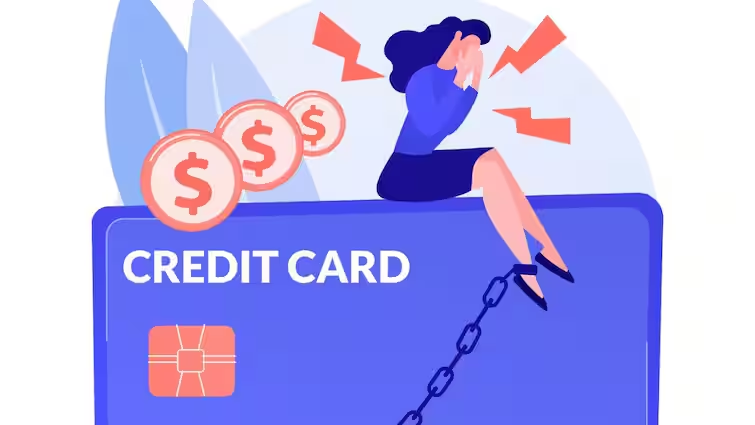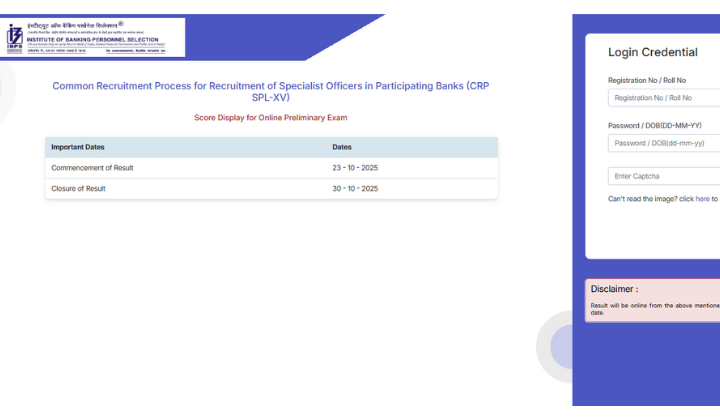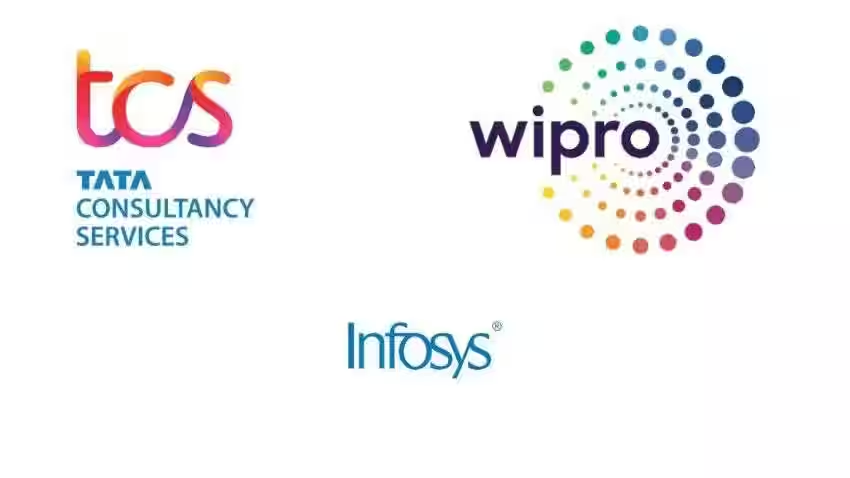Now Reading: Smart Spending or Silent Trap? Understanding Credit Card Pitfalls and How to Stay Safe
-
01
Smart Spending or Silent Trap? Understanding Credit Card Pitfalls and How to Stay Safe
Smart Spending or Silent Trap? Understanding Credit Card Pitfalls and How to Stay Safe

Credit cards can be a convenient financial tool—offering rewards, cashback, and flexibility. But without careful usage, they can also become a burden, trapping users in a cycle of debt. For many in India’s Tier 2 cities, where financial literacy is still growing, understanding how to avoid common credit card mistakes is crucial to building a healthy financial future.
The Illusion of “Free Money”
One of the biggest traps is the illusion that a credit card offers “free” money. Many users tend to overspend, thinking they can pay later. However, this approach often leads to bill shock at the end of the month, especially if the full amount cannot be repaid.
Once the due date is missed, high-interest charges—often 30% to 40% annually—begin to pile up. What starts as a ₹5,000 swipe can soon turn into a ₹7,000 headache.
Minimum Payment Misconception
Another common mistake is relying on the “minimum amount due” option. While it may seem like a relief, it’s a financial trap. Paying only the minimum keeps the account active but leads to growing interest on the unpaid balance. Over time, this snowballs into unmanageable debt.
In cities like Nagpur, Indore, or Kochi, many new cardholders fall into this cycle, not realizing that making only minimum payments leads to long-term financial strain.
Hidden Fees and Charges
Credit cards often come with annual fees, late payment penalties, over-limit fees, and processing charges. Unless you read the fine print carefully, these costs can catch you off guard.
Using a credit card at ATMs for cash withdrawal is another risky move. It attracts interest from day one and includes additional fees—unlike normal purchases which usually have an interest-free grace period.
Misuse of Reward Points
Many people swipe their cards unnecessarily just to earn reward points or cashback. But in most cases, the value of rewards is far lower than the interest or fees incurred if the bill is not fully paid. It’s important to use reward systems wisely and not let them drive unnecessary spending.
How to Use Credit Cards Responsibly
- Always pay the full amount due: Avoid carrying balances.
- Track your spending: Use apps or SMS alerts to monitor usage.
- Set auto-pay reminders: Prevent late fees and interest charges.
- Avoid using multiple cards: Stick to one or two for better control.
- Understand the billing cycle: Plan purchases just after the cycle starts to maximize the interest-free period.
Conclusion
Credit cards, when used wisely, can build your credit score and offer convenience. But misuse can lead to a financial spiral that’s hard to escape. In fast-developing Tier 2 cities, where access to credit is expanding quickly, awareness is key. A little caution today can prevent a lot of regret tomorrow—so spend smart and stay alert.
























